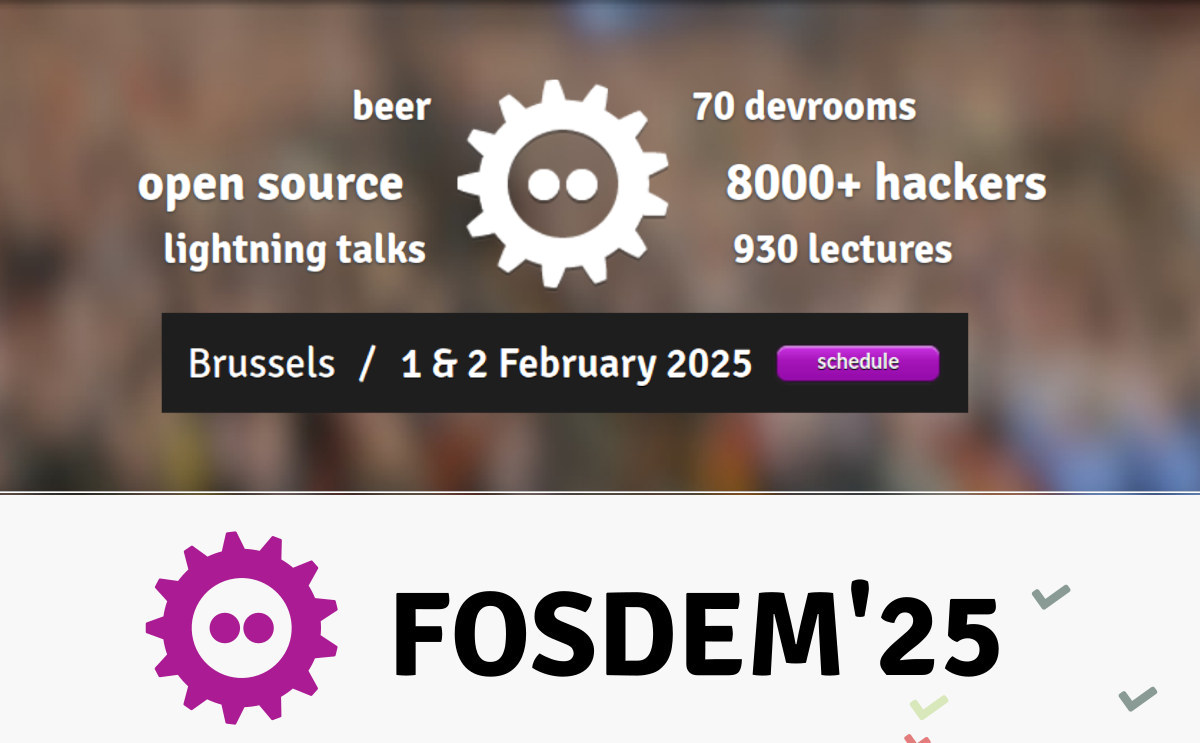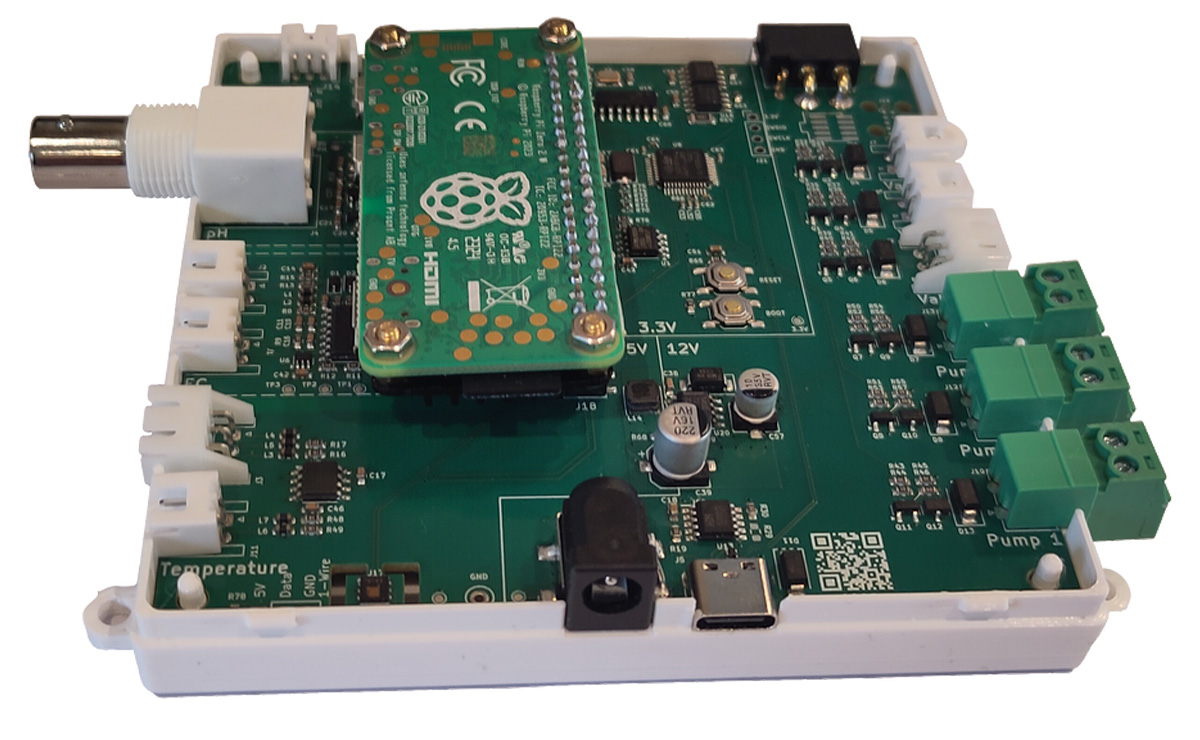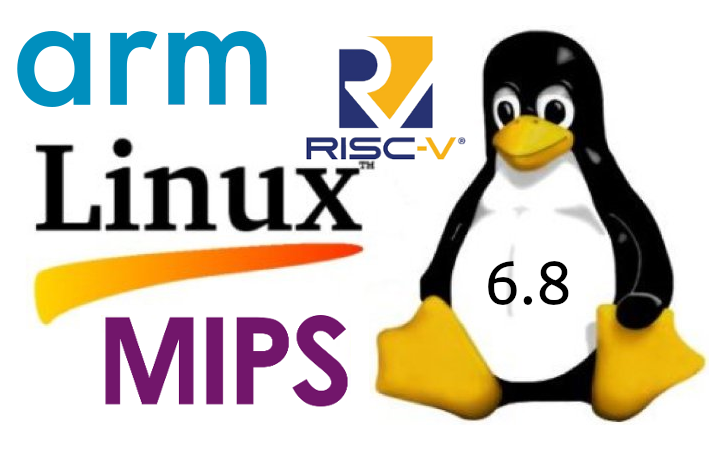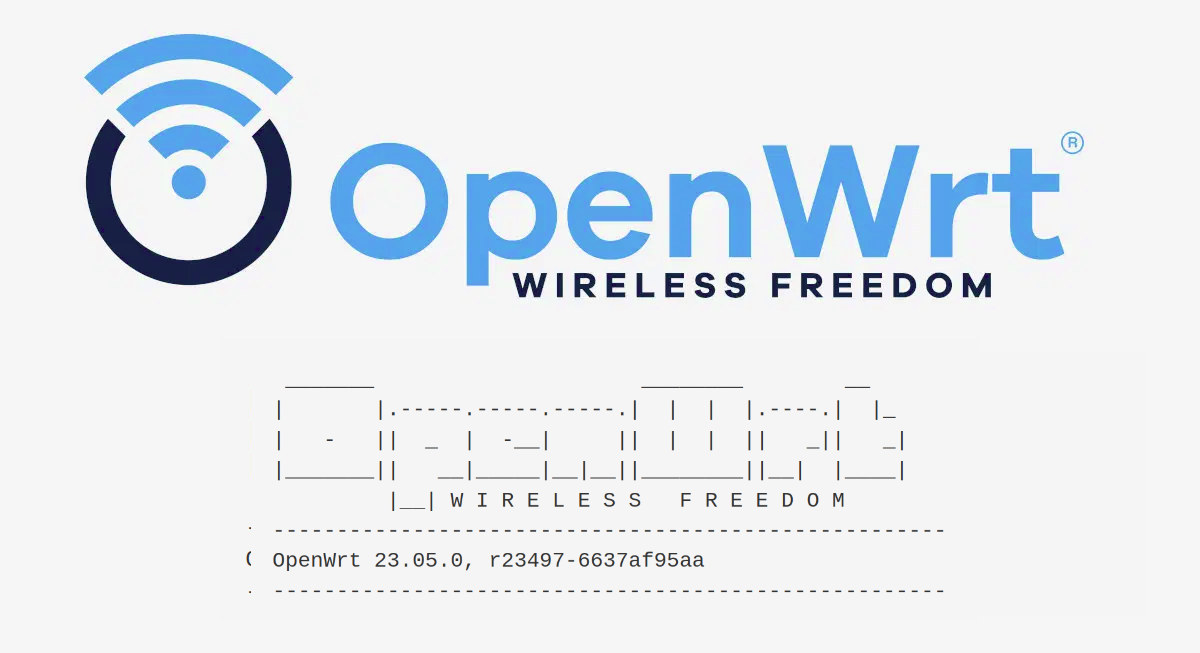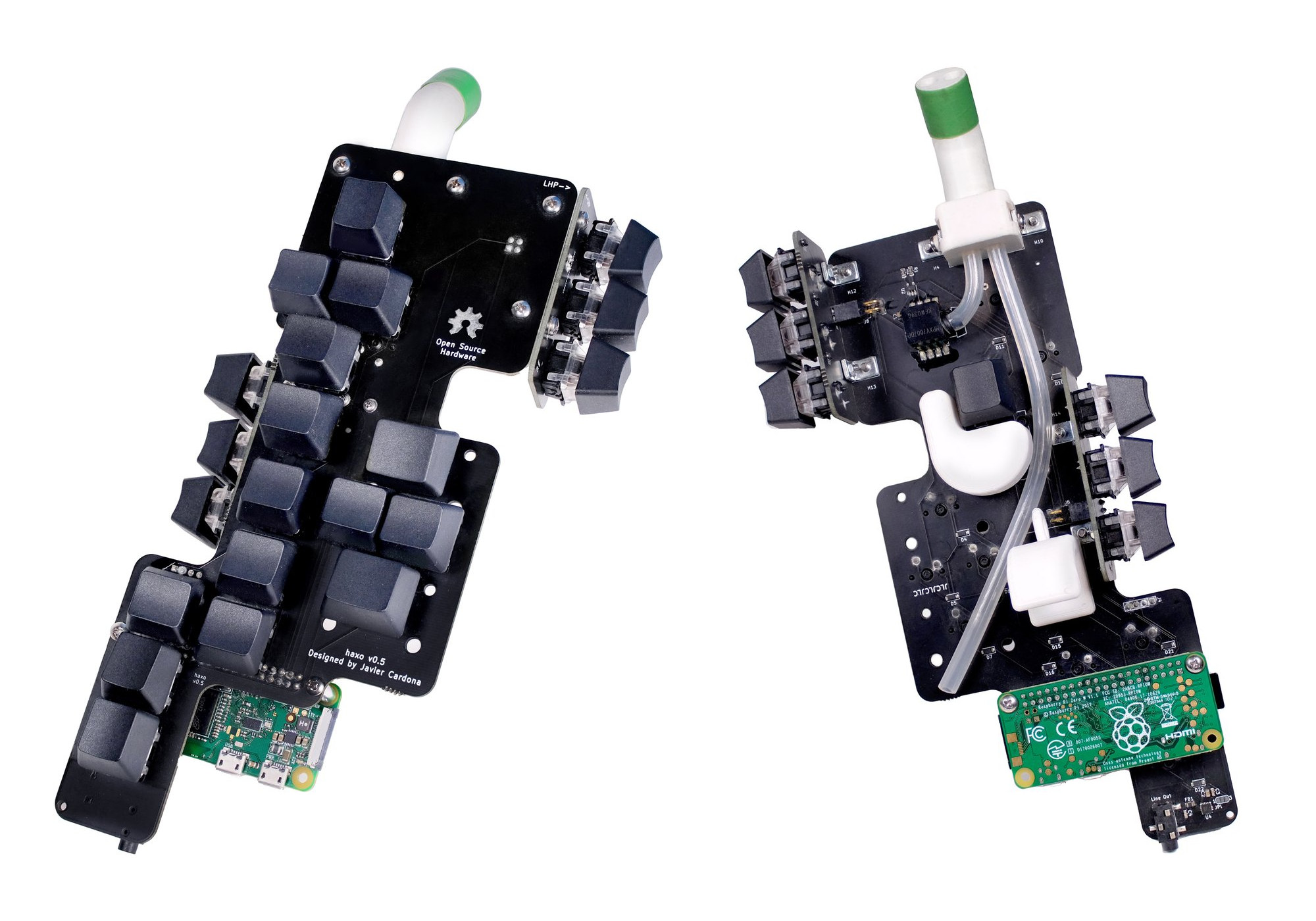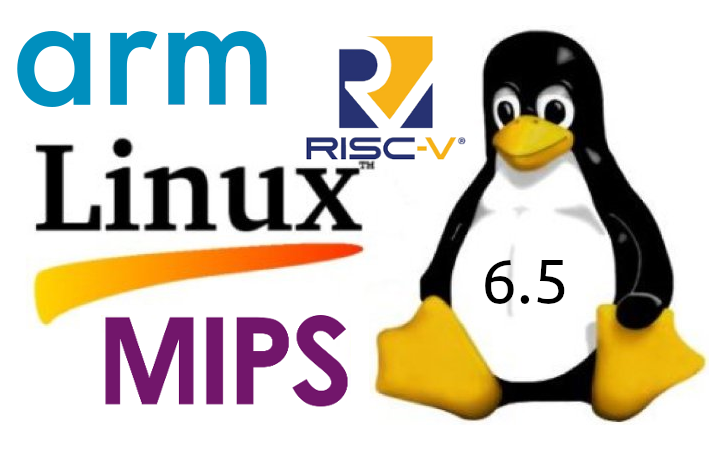FOSDEM 2025 will take place on February 1-2 with over 8000 developers meeting in Brussels to discuss open-source software & hardware projects. The free-to-attend (and participate) “Free and Open Source Software Developers’ European Meeting” grows every year, and in 2025 there will be 968 speakers, 930 events, and 74 tracks. Like every year since FOSDEM 2015 which had (only) 551 events, I’ll create a virtual schedule with sessions most relevant to the topics covered on CNX Software from the “Embedded, Mobile and Automotive” and “Open Hardware and CAD/CAM” devrooms, but also other devrooms including “RISC-V”, “FOSS Mobile Devices”, “Low-level AI Engineering and Hacking”, among others. FOSDEM 2025 Day 1 – Saturday 1 10:30 – 11:10 – RISC-V Hardware – Where are we? by Emil Renner Berthing I’ll talk about the current landscape of available RISC-V hardware powerful enough to run Linux and hopefully give a better overview of what to […]
RootMaster is a Raspberry Pi Zero 2W-based hydroponic automation system with STM32G4 MCU, CAN Bus, sensors
The RootMaster is a Raspberry Pi Zero 2W-based hydroponic automation system designed to precisely manage water and environmental conditions. The solution also integrates an STM32G4 microcontroller to handle real-time operations such as controlling pumps and peripherals, managing sensors, and processing data from external sensors like water level indicators. It also generates PWM signals to control the power of connected devices and handles communication with external modules through a CAN FD interface. While STM32 handles hardware-level tasks, the Raspberry Pi Zero 2W manages high-level control and user interaction. The RootMaster can be programmed with Python, C, C++, or other programming languages and is useful for applications like Hydroponics automation, water circulation, and environmental control. RootMaster specifications MCU – STMicro STM32G473 32-bit Arm Cortex-M4 microcontroller @ 170 MHz for real-time operations Main controller – Compatible with Raspberry Pi Zero 2 WH for GUI and other interfaces Sensors pH sensor for nutrient solution […]
Linux 6.8 release – Notable changes, Arm, RISC-V, and MIPS architectures
Linus Torvalds has just announced the release of Linux 6.8 on the Linux kernel mailing list: So it took a bit longer for the commit counts to come down this release than I tend to prefer, but a lot of that seemed to be about various selftest updates (networking in particular) rather than any actual real sign of problems. And the last two weeks have been pretty quiet, so I feel there’s no real reason to delay 6.8. We always have some straggling work, and we’ll end up having some of it pushed to stable rather than hold up the new code. Nothing worrisome enough to keep the regular release schedule from happening. As usual, the shortlog below is just for the last week since rc7, the overall changes in 6.8 are obviously much much bigger. This is not the historically big release that 6.7 was – we seem to […]
Embedded Open Source Summit 2024 schedule – Embedded Linux, Zephyr OS, and Real-time Linux
The Embedded Open Source Summit 2024 (EOSS 2024) will take place on April 16-18 and the Linux Foundation has already announced the schedule with conference sessions, lightning talks, and birds of a feather (BoF) sessions covering embedded Linux, Zephyr OS, and real-time (RT) Linux. While I won’t be attending in person, I still find it interesting to check out the schedule as we may learn more about the current status of embedded Linux. So I’ve created my own little virtual schedule out of the available talks. Tuesday, April 16 – Day 1, Embedded Open Source Summit 2024 9:05 – 9:45 – No, It’s (Still) Never Too Late to Upstream Your Legacy Linux-Based Platforms by Neil Armstrong, Linaro Nearly 7 years ago, Neil already spoke about this subject in Berlin, and it’s still very true. Do you maintain or used to maintain a Linux-based board or SoC off-tree? Then there are […]
OpenWrt 23.05 released with MbedTLS by default, Rust packages, over 1,790 supported devices
OpenWrt 23.05 open-source Linux operating system for routers and resource-constrained headless embedded systems has just been released with over 4300 commits since the release of OpenWrt 22.03 a little over a year ago. The new release now supports over 1790 devices or about over 200 new devices compared to the OpenWrt 22.03 release with notable new targets including the ipq807x target for the Qualcomm IPQ807x WiFi 6 SoCs, the mediatek/filogic subtarget for the Mediatek Filogic 830 and 630 SoCs, and the sifiveu target for the HiFive Unleashed and Unmatched RISC-V development boards. OpenWrt 23.05 switches from wolfSSL to MbedTLS as default because the latter has a much smaller footprint and offers a more stable ABI (application binary interface) and LTS releases, but it does lack support for TLS 1.3, so users who need the latter may still switch to wolfSSL if needed. Another highlight of the new OpenWrt release is […]
Haxophone – A Raspberry Pi-based electronic saxophone with mechanical keys (Crowdfunding)
The Haxophone is an unusual Raspberry Pi expansion board that transforms the popular SBC into a travel saxophone using mechanical keys. The hackable musical instrument is open-source hardware and OSHWA certified and comes with mechanical keys which makes it easily repairable, customizable by changing keycaps or the firmware, and at a price point cheaper than commercial digital saxophones with custom molded keys. Haxophone key features and specifications: Custom Raspberry Pi HAT PCB Tactile-feedback 5-pin mechanical switches Mechanical keycaps Airflow pressure sensor Built-in audio amplifier compatible with Raspberry Pi Zero and Zero W Serial console for hacking Weight – 180 grams OSHW certifications – PT000005 You’ll find KiCAD hardware design files, assembly instructions, documentation, and the software and firmware used with the Haxophone on GitHub. There are two main software components, first haxo-rs Rust-based driver for detecting key presses and breath in order to convert them into notes, and fluidsynth synthesizer […]
Linux 6.5 release – Notable changes, Arm, RISC-V and MIPS architectures
Linus Torvalds has just announced the release of Linux 6.5 on the Linux Kernel Mailing List (LKML): So nothing particularly odd or scary happened this last week, so there is no excuse to delay the 6.5 release. I still have this nagging feeling that a lot of people are on vacation and that things have been quiet partly due to that. But this release has been going smoothly, so that’s probably just me being paranoid. The biggest patches this last week were literally just to our selftests. The shortlog below is obviously not the 6.5 release log, it’s purely just the last week since rc7. Anyway, this obviously means that the merge window for 6.6 starts tomorrow. I already have ~20 pull requests pending and ready to go, but before we start the next merge frenzy, please give this final release one last round of testing, ok? Linus The earlier […]
FOSDEM 2023 schedule – Open-source Embedded, Mobile, IoT, Arm, RISC-V, etc… projects
After two years of taking place exclusively online, FOSDEM 2023 is back in Brussels, Belgium with thousands expected to attend the 2023 version of the “Free and Open Source Developers’ European Meeting” both onsite and online. FOSDEM 2023 will take place on February 4-5 with 776 speakers, 762 events, and 63 tracks. As usual, I’ve made my own little virtual schedule below mostly with sessions from the Embedded, Mobile and Automotive devroom, but also other devrooms including “Open Media”, “FOSS Educational Programming Languages devroom”, “RISC-V”, and others. FOSDEM Day 1 – Saturday February 4, 2023 10:30 – 10:55 – GStreamer State of the Union 2023 by Olivier Crête GStreamer is a popular multimedia framework making it possible to create a large variety of applications dealing with audio and video. Since the last FOSDEM, it has received a lot of new features: its RTP & WebRTC stack has greatly improved, Rust […]


